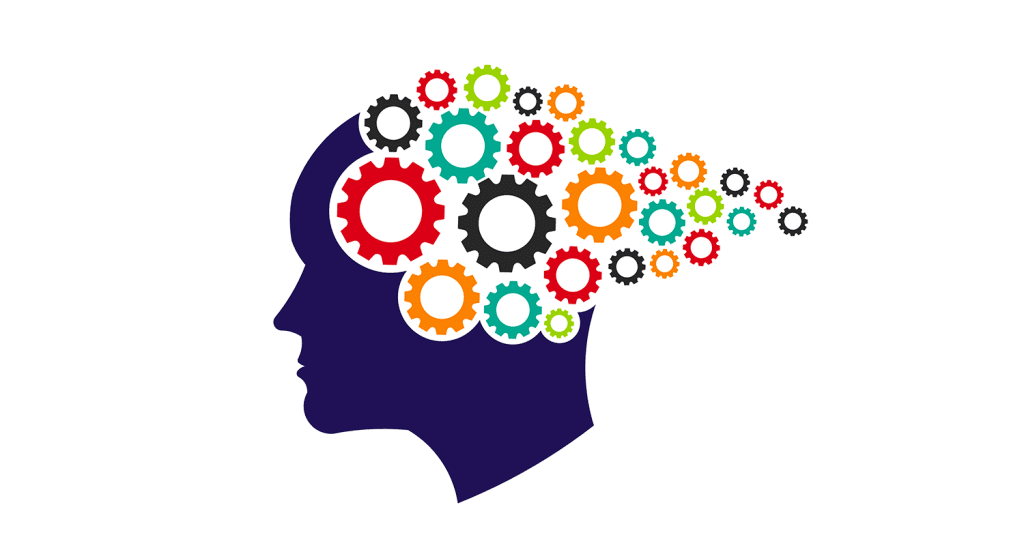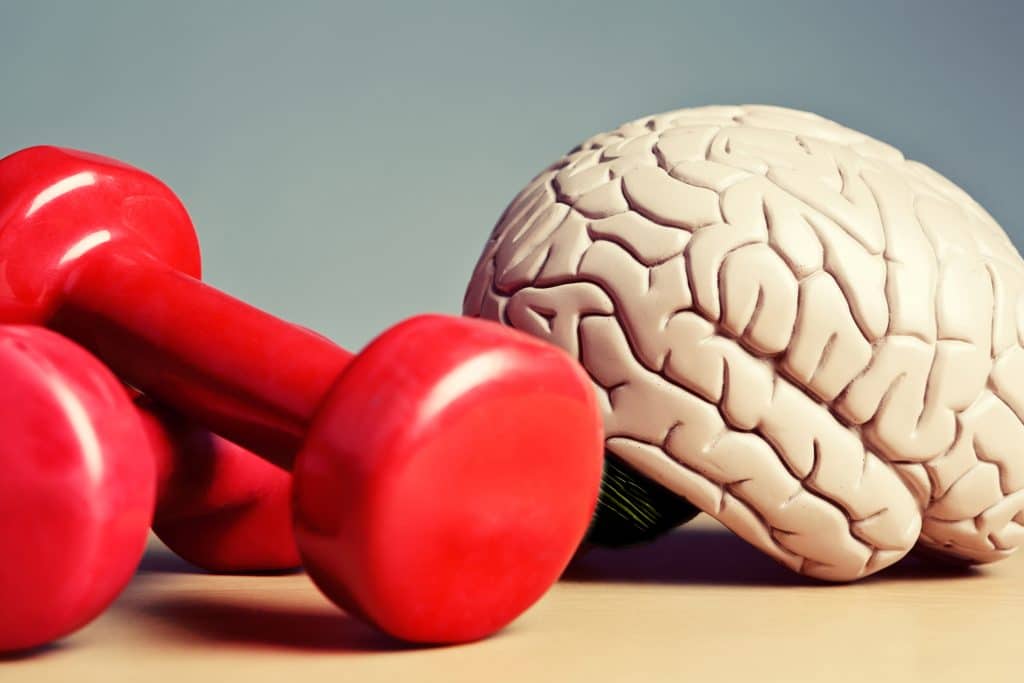Blog
Stay Sharp: How Daily Exercise Boosts Cognitive Function
The Brain-Boosting Benefits of Exercise
Regular exercise not only benefits our physical well-being but also has a remarkable impact on our brain health and cognitive function. The brain-boosting benefits of exercise are rooted in the intricate interplay between physical activity and neurobiology. When we engage in exercise, it stimulates the release of neurotransmitters such as dopamine, serotonin, and norepinephrine, which are responsible for regulating mood, motivation, and attention. Additionally, exercise promotes the production of growth factors like brain-derived neurotrophic factor (BDNF) that play a crucial role in the growth and development of new neurons, particularly in the hippocampus, a brain region associated with memory and learning. This process, known as neuroplasticity, allows the brain to adapt, reorganize, and form new connections, thereby enhancing cognitive function. Through a deeper exploration of the scientific mechanisms at play, we will gain a better understanding of how exercise supports neuroplasticity and ultimately improves our cognitive abilities.
Enhancing Memory and Learning

Regular exercise has a remarkable impact on our memory and learning capabilities. Research has consistently shown that engaging in physical activity enhances both short-term and long-term memory. When we exercise, our brain experiences increased blood flow, which delivers oxygen and essential nutrients to support optimal brain function. This improved circulation promotes the growth of new neurons in the hippocampus, a region of the brain critical for memory formation. Furthermore, exercise triggers the release of chemicals such as brain-derived neurotrophic factor (BDNF), which stimulates the growth of new connections between neurons, enhancing synaptic plasticity and improving the ability to learn and retain information.
In addition to improving memory, exercise also boosts our capacity to learn new skills and information. When we engage in physical activity, the brain releases endorphins and other neurotransmitters that enhance our mood, motivation, and focus. These neurochemical changes create an optimal environment for effective learning. Moreover, exercise promotes the production of proteins that support the growth and survival of brain cells, leading to improved cognitive function and the ability to acquire new knowledge more efficiently.
To maximize the memory-boosting and learning-enhancing effects of exercise, it’s beneficial to incorporate a variety of activities into your routine. Aerobic exercises, such as running, swimming, or dancing, have been particularly linked to improved memory and cognitive function. These activities increase heart rate and stimulate the release of BDNF, promoting neuroplasticity and supporting the formation of new memories. Additionally, incorporating activities that require coordination and balance, like yoga or tai chi, can further enhance brain function by engaging multiple regions of the brain simultaneously.
To harness the benefits of exercise for memory and learning, it’s recommended to establish a consistent routine. Aim for at least 150 minutes of moderate-intensity aerobic exercise per week, supplemented with strength training exercises to maintain overall fitness. Consider incorporating activities that challenge your cognitive skills, such as puzzles, learning a new instrument, or engaging in intellectually stimulating conversations. By combining physical exercise with cognitive stimulation, you can create a synergistic effect that enhances memory formation, retrieval, and overall cognitive abilities.
Exercise goes beyond improving our physical health; it has a profound impact on our cognitive abilities. Through mechanisms such as increased blood flow, neurochemical changes, and the promotion of synaptic plasticity, regular exercise enhances memory formation, retrieval, and the ability to learn new skills and information. By incorporating a variety of aerobic and cognitive activities into your routine, you can optimize your brain’s performance and unlock your full learning potential. So, lace up your sneakers and embark on an active journey to boost your memory and enhance your capacity to learn.
Focus and Attention: Sharpen Your Mental Clarity

In our fast-paced world filled with distractions, maintaining focus and attention can be a challenge. However, daily exercise offers a powerful solution to sharpen our mental clarity. Numerous studies have demonstrated that physical activity enhances cognitive abilities, particularly in the areas of focus and attention. When we engage in exercise, blood flow to the brain increases, delivering oxygen and nutrients essential for optimal brain function. This increased blood flow also promotes the release of neurotransmitters, such as dopamine and norepinephrine, which play a crucial role in regulating attention and alertness. As a result, regular exercise can improve our ability to concentrate, stay attentive, and filter out distractions. To incorporate physical activity into your daily routine and enhance mental clarity, consider activities that require focus and concentration, such as yoga or tai chi. Additionally, scheduling short bursts of exercise throughout the day, such as taking a brisk walk during breaks, can help boost your overall focus and attention. By making exercise a regular part of your life, you can experience the remarkable benefits it brings to sharpen your mental clarity and improve cognitive performance.
Protecting Against Cognitive Decline
As we journey through life, it’s natural to be concerned about cognitive decline, particularly as we age. The good news is that engaging in regular exercise can be a powerful tool in safeguarding our cognitive health. Research has shown that physical activity plays a crucial role in protecting against age-related cognitive decline and neurodegenerative diseases like Alzheimer’s. Exercise promotes brain health by increasing blood flow to the brain, stimulating the release of growth factors, and fostering the growth of new neurons and connections. These mechanisms help to preserve cognitive function and delay the onset of cognitive decline.
Exercise has been found to have a positive impact on various cognitive domains, including memory, attention, and executive function. It enhances synaptic plasticity, the brain’s ability to adapt and reorganize, which is essential for learning and memory processes. Regular physical activity also promotes the release of neurotransmitters like dopamine and serotonin, which are involved in mood regulation and cognitive function.
By incorporating exercise into our daily lives, we can create a protective shield for our brains. It’s not just about the type of exercise but also the consistency. Engaging in aerobic activities, such as brisk walking, swimming, or cycling, has been shown to have particularly beneficial effects on cognitive health. Aim for at least 150 minutes of moderate-intensity exercise or 75 minutes of vigorous-intensity exercise per week to reap the cognitive benefits.
Adopting a physically active lifestyle can have a positive impact on other lifestyle factors associated with cognitive decline. Exercise is often linked to healthier sleep patterns, reduced stress levels, and improved cardiovascular health, all of which contribute to better brain health.
It’s never too late to start. Even if you haven’t been physically active in the past, incorporating regular exercise into your routine can still make a significant difference in protecting your cognitive function as you age. Consult with your healthcare professional before starting any new exercise regimen, especially if you have underlying health conditions.
Exercise is a powerful ally in the fight against cognitive decline. By embracing an active lifestyle, you can take proactive steps to protect your brain health and preserve your cognitive function as you age. So, lace up your sneakers, find an activity you enjoy, and prioritize your cognitive well-being. Your brain will thank you for it!
The Cognitive Benefits of Daily Exercise
Exercise is not only beneficial for our physical health but also for our cognitive well-being. By incorporating daily workouts into our routines, we can unlock the remarkable benefits of exercise on cognitive function. From boosting memory and learning to enhancing focus and attention, physical activity has the power to keep our minds sharp and resilient. So, lace up your sneakers, embrace an active lifestyle, and experience the positive impact of exercise on your cognitive abilities. Stay sharp, stay active!


